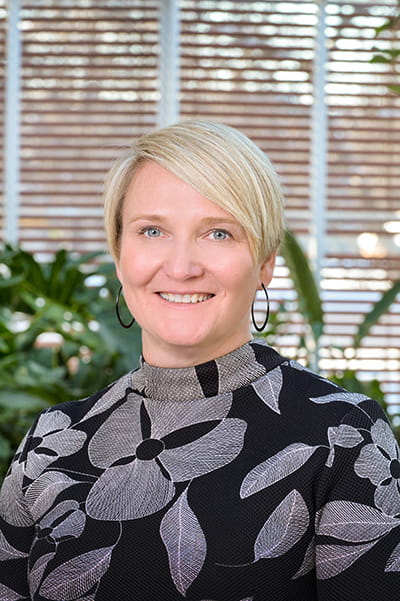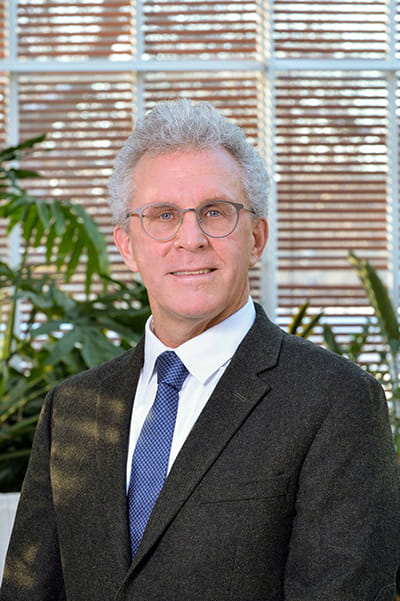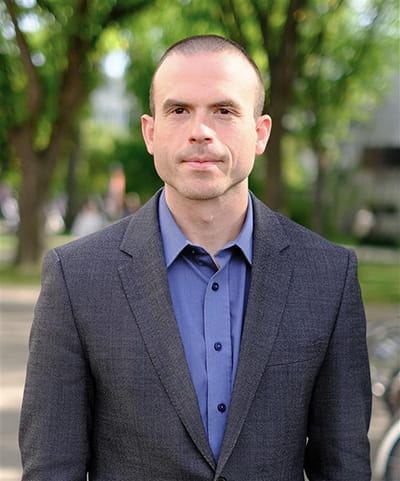Lieutenant Governor's Post-Secondary Teaching Award
Established in 2023, this award recognizes post-secondary educators who have displayed excellence in teaching and learning through a commitment to high-quality student learning experiences and a demonstrated record of innovation, leadership, and commitment to student learning and success.
1. Award Description
The Lieutenant Governor’s Post-Secondary Teaching Award recognizes post-secondary educators in Saskatchewan who have displayed excellence in teaching and learning over a number of years, primarily at the undergraduate level.
Recipients will each receive a certificate signed by the Lieutenant Governor and Minister of Advanced Education. This annual award will mean that Saskatchewan’s post-secondary educators will now be eligible to receive national teaching awards. Recipients will also be honoured at a celebration event. There is no financial aspect associated with the awards.
The Lieutenant Governor’s Post-Secondary Teaching Award will be given annually to educators from publicly funded post-secondary institutions across the province. Recipients of this award will be recognized under the following categories:
Distinguished Teaching Award
This award recognizes a distinguished individual who shows commitment to teaching and student success, excellence in teaching practices that reflects the highest standards of andragogy (adult learning), a record of outstanding teaching effectiveness, effective course design or program development, and the ability to foster critical thinking and problem-solving skills.
Equity, Diversity, and Inclusion Teaching Award
This award recognizes an individual who promotes and advances the principles of equity, diversity, inclusion, and accessibility in teaching and learning. An individual nominated for this award should demonstrate a proven commitment to respect and inclusivity in instructional practice and utilizing intercultural communication in all learning environments.
Indigenous Teaching Excellence Award
This award recognizes a First Nations, Métis, or Inuit educator who maintains a mastery of subject areas and has made a significant impact to curricula with the inclusion of First Nations, Métis and Inuit content, perspectives, and ways of knowing. An individual nominated for this award will be recognized by students, staff, and community members as an exemplary Indigenous educator who demonstrates exceptional commitment to lifelong learning, andragogical (adult learning) engagement and teaching, fosters pathways to student success, acknowledges the importance of Indigenous language revitalization, and is impacting systemic changes by exemplary teaching and leadership.
For information related to Indigenous citizenship verification, please refer to the Lieutenant Governor’s Post-Secondary Teaching Award Guide.
Innovative Teaching Award
This award recognizes excellence in andragogical (adult learning) innovation. In the context of this award, andragogical (adult learning) innovation may refer to a number of innovative practices, including but not limited to the innovative use of technology; innovative approaches to andragogy that support equity, diversity, inclusion, and accessibility; innovative practices for the Indigenization of curriculum and instruction; innovative assessment practices; and innovative approaches to student engagement.
2. Nomination Process
Who is eligible?
- Those nominated must be active teaching members of their post-secondary institution’s faculty, with a normal load for their discipline, level, or term of appointment as determined by their nominating institution.
- Chairs and department heads who continue to teach a minimum of half a normal teaching load are eligible for nomination.
- A nominee for each award may be selected according to a procedure established by the post-secondary institution and need not have received an institutional award.
- For institutions that have a teaching award, recipients of the institution’s teaching award are eligible for nomination for the Lieutenant Governor’s Post-Secondary Teaching Award.
- No current member of the LGPTA Adjudication Committee may be nominated.
- An individual may be nominated for only one award each year.
Who can nominate?
Faculty and staff members may nominate eligible post-secondary educators either within their own institution or another. Cross-nominations between institutions are also encouraged.
Submitting a nomination
All publicly funded post-secondary institutions may submit nominations between May 1 and June 30. Nominations must be submitted to the Lieutenant Governor’s Post-Secondary Teaching Award Adjudication Committee by email to lgprovincialteachingaward@gov.sk.ca.3. Adjudication Committee
The adjudication committee is made up of representatives from multiple post-secondary institutions across Saskatchewan.
Responsibilities of the Adjudication Committee and nomination guidelines are detailed in the Lieutenant Governor’s Post-Secondary Teaching Award Guide.
4. Award Recipients
2024 Lieutenant Governor Post-Secondary Teaching Award Recipients
|
Shannon Forrester |
Distinguished Teaching Award Shannon Forrester is a lecturer for the College of Kinesiology at the University of Saskatchewan. She exemplifies learning through her principled commitment to respectful teaching and reflection. Shannon continually works to improve and enhance her teaching through professional development and is a leader on campus through initiatives such as the Sustainability Fellowship. She encourages student voice and choice in her courses, creating opportunities for students to be inspired and to engage with authentic curiosity. Shannon is a leader among faculty within the College and a passionate instructor for her students – she is a champion for teaching and learning. |
|
Dr. Amrinderbir Singh |
Equity, Diversity and Inclusion Teaching Award Dr. Singh is an Assistant Professor and Director with Inclusive Community Care and is an Academic Director with the College of Dentistry at the University of Saskatchewan. Dr. Singh strives to create a safe and inclusive learning environment for his students at all levels of instruction. His unique and passionate approach to teaching is the result of a refined and thoughtful teaching philosophy that demonstrates reciprocal and authentic learning opportunities, encouraging critical thinking and participation. Dr. Singh’s commitment to inclusive teaching practices creates a respectful and supportive learning environment for all students. |
|
Dr. Colin Laroque |
Indigenous Teaching Excellence Award Dr. Laroque is a Professor and Head of the Department of Soil Science at the University of Saskatchewan. He has already established himself as a leader in undergraduate science education at the University of Saskatchewan. Dr. Laroque directly responds to Call to Action #7, trying to address the gap in education between First Nation and non-First Nation students. His focus on experiential learning, at every level, stems from his Métis upbringing and allows students to apply their theoretical understanding to real-world problems, getting them excited about science and education. Dr. Laroque collaborates with primary and secondary schools across the province and Canada, helping students of all ages think differently about their environment, developing the education for our future leaders. |
|
Dr. Benjamin Hoy |
Innovative Teaching Award Dr. Hoy is an Associate Professor in the Department of History, College of Arts and Sciences at the University of Saskatchewan. Dr. Hoy’s innovative practices include the use of technology, development of inclusive and accessible teaching methods, incorporation of Indigenous perspectives, and the implementation of dynamic assessment techniques. Through his open access courses and co-authored open access textbook, he has provided students with digital skills that are rarely taught in his profession. By incorporating universal design principles, he minimizes barriers for all learners and ensures accessibility. His dedication to teaching, mentorship, and innovation has significantly amplified student success. |




